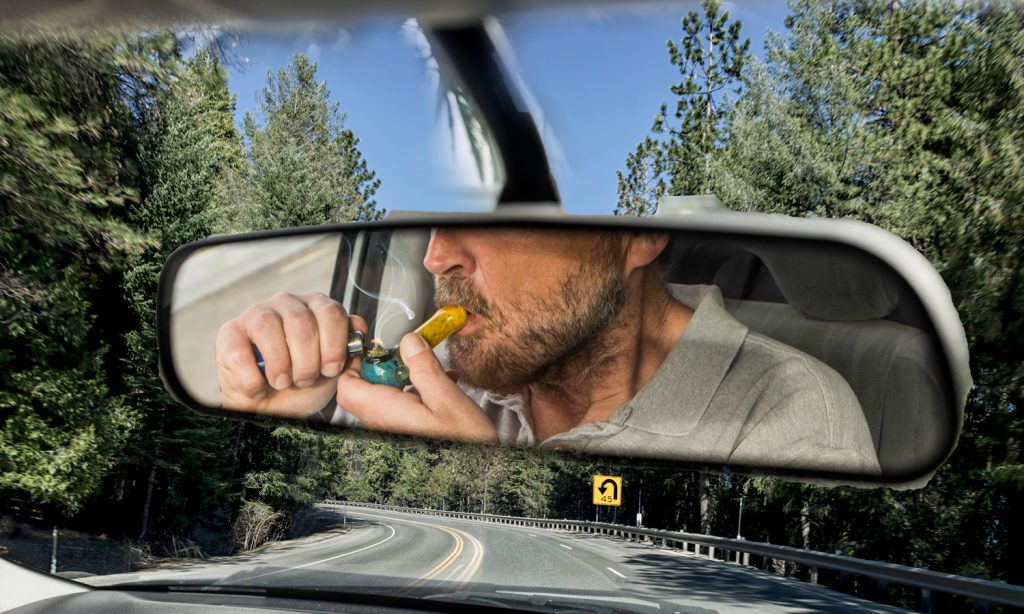A study conducted in Canada using toxicology results from trauma centers in B.C. has given a little more insight into what impact blood marijuana level has on crashes.
Cannabis is legal for recreational purposes in 11 states around the nation. And along with that legal framework comes rules about how or when you can drive while under the influence of weed. Is a cannabis DUI the same as drunk driving?
When each state legalized cannabis, many simply tacked cannabis on to their existing rules about driving under the influence of alcohol, with cannabis DUIs garnering the same penalties as alcohol DUIs.
Like alcohol, cannabis impairs skills commonly associated with safe driving, like quick reflexes and divided attention. At the moment, though, research into how much cannabis impairs a driver and methods for accurately testing how much marijuana a driver is currently under the influence of are very limited.
RELATED: Half Of Marijuana Users Think They Can Drive While Stoned
In fact, a U.S. House of Representatives Appropriations Committee report in 2019 asked for the NHTSA to coordinate with states in an attempt to develop more reliable guidelines, and acknowledged that creating standardized measurements for drug impairment was “unlikely in the near term.”

A May 2019 study, published in the journal Addiction, using toxicology results from trauma centers in British Columbia has given a little more insight into what impact blood marijuana level has on crashes.
Of the 3005 toxicology reports the study received, alcohol was involved in 14.4% of crashes. THC was involved in 8.3%, other drugs in 8.9% and sedating medications in 19.8%.
RELATED: The Number Of People Who Get Behind The Wheel After Smoking Weed Will Surprise You
The study found there was no increased crash risk in drivers with under 2 nanograms or with 2-5 nanograms of THC per milliliter of blood, and minimal increase in drivers with over 5 nanograms of THC per milliliter. Conversely, there was “significantly increased risk of crash responsibility” in drivers with a blood alcohol concentration of over 0.08%.
The study speculates about the causes of this. There is evidence, it says, that drivers under the influence of cannabis are aware they are impaired and so drive more carefully.


